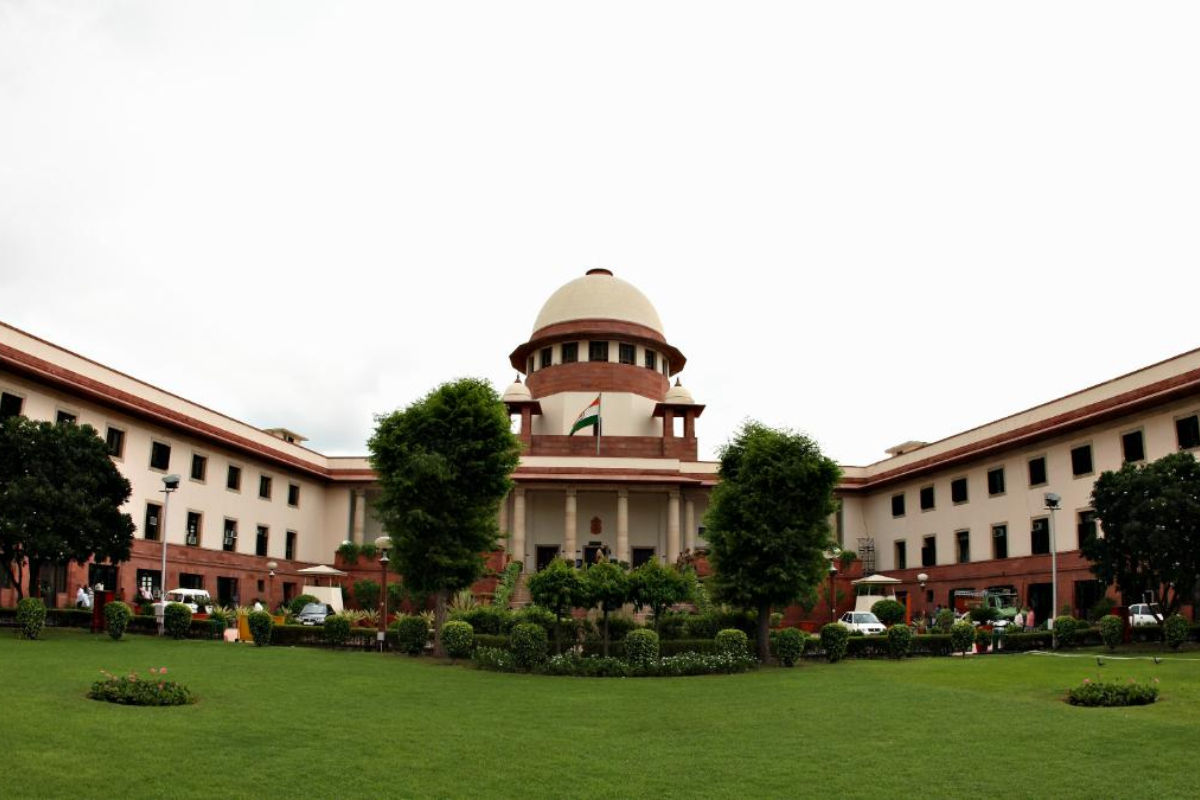The Supreme Court of India has finally established a larger bench consisting of five members to hear a series of petitions challenging the abrogation of Article 370 of the Indian constitution.
Article 370 grants special status to the Indian Illegally Occupied Jammu and Kashmir (IIOJK), which played a crucial role in its accession to India in 1947.
The five-member bench of the Supreme Court, led by Chief Justice Dhananjaya Yeshwant Chandrachud and comprising Justice Sanjay Kishan Kaul, Justice Sanjiv Khanna, Justice BR Gavai, and Justice Surya Kant, is scheduled to commence the hearings on July 11.
On August 5, 2019, the Indian government hastily passed a presidential decree to abolish Article 370 of the Constitution due to escalating tensions in the disputed Himalayan valley, accompanied by an unprecedented deployment of Indian troops in the region.
The resolution to revoke Article 370 was introduced by then-Indian Home Minister Amit Shah in the Rajya Sabha, resulting in the revocation of the special status granted to occupied Kashmir and transforming the state into a Union Territory with a legislature.
Pakistan’s former Prime Minister responded to New Delhi’s actions by denouncing the revocation of Article 370 as illegal, warning that it would jeopardize regional peace and security.
The decision allowed individuals from the rest of the country to acquire property in the disputed territory and settle there permanently, which was strongly opposed by Kashmiris and deemed a clear violation of international laws, UN resolutions, and the Indian constitution.
Over 20 petitions were filed questioning the constitutional validity of the Indian government’s decision to abrogate Article 370 in August 2019, as reported by Indian media. Among the petitioners were Shah Faesal and others, who contended that the decision was made in violation of constitutional provisions.
“The Article 370 case has been pending in the Supreme Court for over two years. The case had not been taken up since a five-judge bench declined to refer the petitions to a larger bench in March 2020,” according to Indian media sources.
Omar Abdullah, Vice President of the Jammu Kashmir National Conference, expressed his satisfaction on Twitter, stating, “Finally, the bench is constituted. I look forward to the hearings beginning in right earnest now.”
Mehbooba Mufti, President of the Jammu and Kashmir People’s Democratic Party (JKPDP), welcomed the Supreme Court’s decision and expressed hope that justice would be upheld and delivered to the people in Kashmir.
She tweeted, “The Supreme Court ruling on Article 370 maintained that the provision can only be abrogated on the recommendation of the J&K constituent assembly.”




















